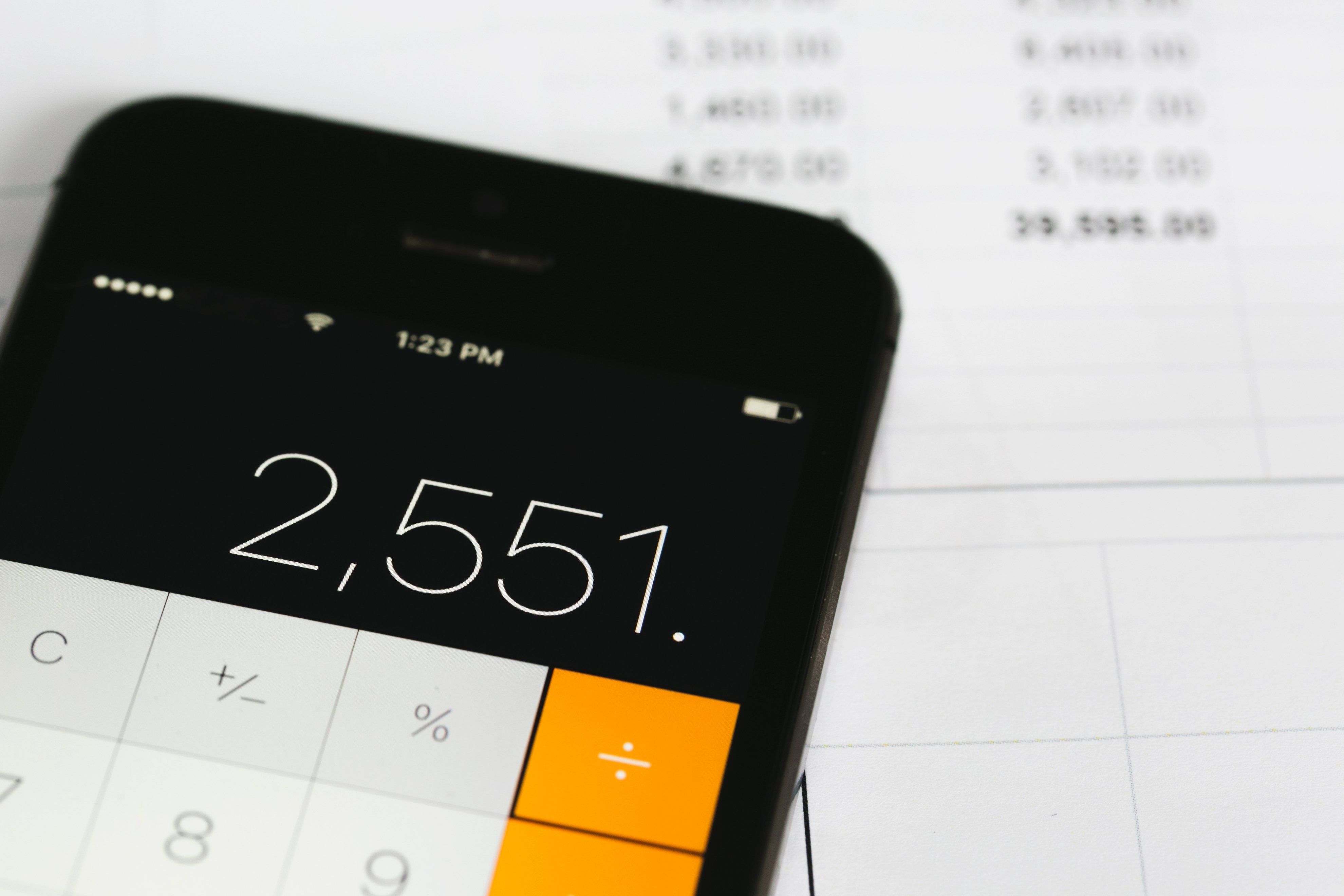One of the key areas of budgeting involves tracking your expenses which require identifying your expenses on a monthly, quarterly, and yearly basis. It’s an essential activity and ideally, you should be doing it every single day.
Here are a few reasons why you should keep track of your expenditures:
- It helps you stick to your budget - if you don’t track your money, you won’t know where to stop spending and where to invest.
- It can help reveal spending issues - you may realize you’re paying for a monthly service you’re not using.
- It helps you meet your financial objectives - whether you’re saving for retirement or a vacation, you’re more likely to achieve these goals if you budget for them.
Follow these 5 budgeting tips to help plan your finances better:
1. Learn How To Track Your Expenses
Knowing the benefits of tracking your expenses is just one part of the equation. The real challenge lies in understanding how to actually do it. Often physicians start a medical practice or take on hospital shifts without truly knowing the costs of doing business. Start by keeping track of what you spend your money on. Fortunately, there are many budget tracker excel sheet templates available.
A simple way to get started is by making a list of all the expenses you need to track. A common mistake is to rely on categories (such as wages and salaries or self-employment income) that are listed on your tax forms. To manage your budget, include all the small and big expenditures and create a list of expense headings in your budget tracker excel sheet. For example, you may want to add categories such as subscriptions for medical tools like practice management, billing software, etc. Other categories could be commuting, meals, supplies, insurance, rent, and more.
Having a clear picture of where your money is going will help you plan your budget effectively.
2. Identify Saving Opportunities
While you need basic expenses, there are also ways to cut down on some of them and find saving opportunities. For example, saving costs on medical supplies might just be a matter of paying close attention to the different suppliers and finding one that best suits your needs.
Or you could even save costs by engaging your patients through digital solutions such as using blood-glucose monitors to check their sugar levels. This means they wouldn’t have to come to you physically every time they need their sugar level checked; they can instead share these updates with you via telehealth. Less visiting patients means you may not have to commute to the hospital or your practice every day of the week and that can help you save costs.
Another aspect to consider when thinking of savings is to identify your variable spending. After tracking your income and expenditure for 3 to 4 months, you’ll be able to identify places where you can cut back. Lowering your variable spending might mean not having a lawyer review your contract and doing it yourself to save on those billable hours. These may seem small expenses, however, controlling your variable spending is more about creating better financial habits.
3. Set A Monthly Spending Limit
This is where the wheels of your budgeting car really start moving. Naturally, your monthly spending limits for both variable and fixed expenditures should be lower than your income. Add all these details in your budget and expense tracker excel template and see what shows up. Do you have some room for savings? Are you accounting for unexpected expenditures? Factor in all the details; revise and repeat.
Another factor that needs to be considered is your career stage. Every physician will have unique financial circumstances and therefore, spending limits. For example, a more established physician might not have to sweat for small things like a morning Starbucks run but an up-and-comer (who has mountains of debt) might need to restrict that.
The key to creating a good budget is to find a balance between frugality and frivolity. Being either is not good for you or your practice.
4. Compare Your Actual Finances With Your Budget Regularly
A budget won’t serve its true purpose until you regularly compare it with your actual finances and make necessary changes. This kind of evaluation is known as a variance analysis where you study the difference between the planned (budget) and actual expenses, see how much they vary, and for what reason. Performing this analysis regularly and changing your financial behavior appropriately is what makes a budget useful.
Ideally, you should be doing this exercise every quarter so that new problems can be caught quickly. Get a budget tracker printable version so that you can easily compare everything. Here’s a broad example of what it looks like:
| Budget | Q1 | Q2 | |
| Earnings | $100,000 | $80,000 | $75,000 |
| Legal | 3% | 3% | 3% |
| Commute | 7% | 10% | 7% |
| Meals | 22% | 30% | 24% |
In addition to doing this analysis, you should also adjust your budget (or, at least account into it) every time something changes in your practice environment. This could be not as much earnings as you had accounted for.
If you keep your budget and expense tracker excel sheet updated, then doing this variance analysis wouldn’t be that difficult and it’ll help you stay on track of your financial goals.
5. Keep Monitoring And Adjusting
Budgeting isn’t an activity that you do once and then forget about it. You need to keep tracking your progress to see if your plans match your reality. Moreover, your financial situation will change over time and as you become more established, you’ll achieve some of your priorities, requiring you to create a new one. As your income increases, you’ll realize that you can give yourself more spending cushion and that’ll change your budget completely.
6. Look At The Bigger Picture
Lastly, remember that your budget will have a direct impact on patient care which is not only your top priority but also crucial to your medical career. Happy patients will not just become regulars but they will also bring in referrals which will help improve your credibility. So, spend where you have to, to ensure that you give your patients a great experience. If investing in expensive medical equipment means better analysis of the patient’s illness, then that’s something you should consider in your budget.
Conclusion
To create a strong budget and good financial habits, keep the following in mind:
- Know your priorities - what financial goal are you chasing?
- Understand your spendings - what are your monthly/quarterly fixed and variable expenses?
- Identify saving opportunities - how can you cut down on your expenses and save more?
- Set a spending limit - set monthly spending caps so that you don’t overshoot your budget.
- Do a variance analysis - compare your actual finances with your budget to ensure that you’re on track.
- Monitor and adjust - keep checking and updating your budget to ensure that you’re sticking to it and moving closer towards your financial goal.
- Keep the big picture in mind - patient care is most important.
Need Help With Your Financial Planning?
RBC has a team of 500 Healthcare Specialists dedicated to providing support, guidance, and value when it comes to your finances. From securing loans to financial planning, they can assist you with your financial needs every step of the way through residency, fellowship, and independent practice.
Through the RBC Healthcare™ Advantage program you can get exclusive access to unique benefits that can help during your training and throughout your career.
Ready to get started?
Learn more about RBC Healthcare Advantage or connect with an RBC Healthcare Specialist.







